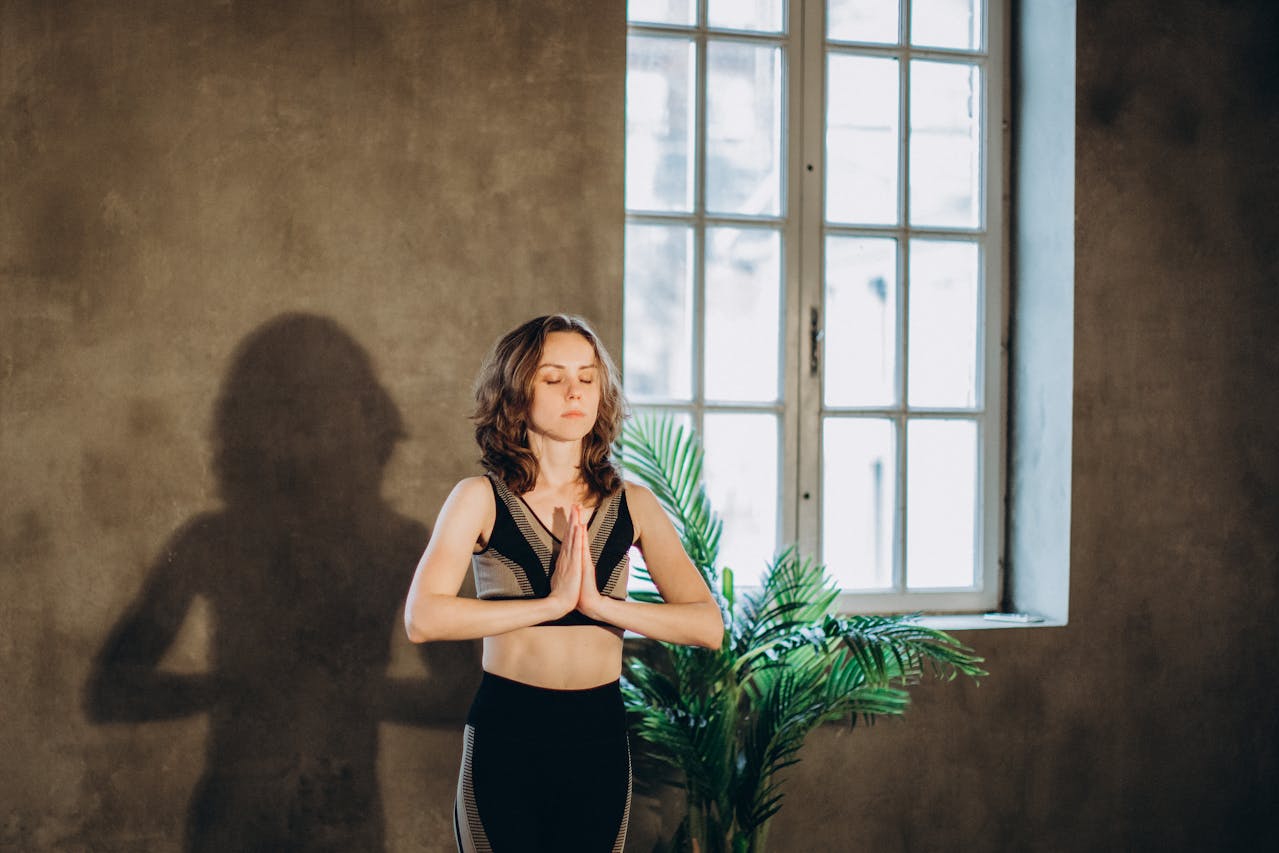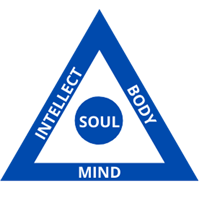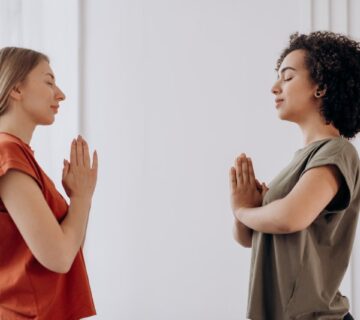Guided Meditation for peace and calm can help you overcome the burdens of regular day-to-day existence. Do you constantly experience feelings of anxiety or agitation? It’s time to slow down and prioritize your mental health. This is where meditation can help.
Meditation is an incredible asset that has long been utilized to achieve internal peace. Guided meditation can offer a relieving voice to guide you through the work, making it more straightforward to concentrate and find quietness. It is a practice that trains the mind to achieve a state of calm. It has been around for quite a long time and is established in various spiritual and religious customs. Today, meditation is often utilized to advance mental and physical health.
There are various types of meditation. However, most meditations include zeroing in the brain on a particular item, like the breath, a sound, or a perception. At the same time, other meditations expect you to notice your considerations without judgment, while others, like transcendental meditations, include the reiteration of a mantra.
Guided Meditation For Peace And Calm: Who is it for?
Meditation can be testing, particularly for beginners who battle to concentrate and calm their brains. That is where guided meditation proves to be helpful. By standing by and listening to a mitigating voice that guides you through the meditation cycle, you can discover a genuine sense of reconciliation and peacefulness, all the more without any problem. These meditations are available in various formats, from in-person to online classes or through apps. Guided meditation typically involves a guide; you follow the guide’s instructions and voice. The instructions usually relate to breathing techniques, visualization exercises, and body scans. Following the instructions, you can let go of distractions and relax more deeply.
Benefits Of Guided Meditation
Many of the benefits of guided meditation are the same as traditional meditation—benefits like reduced stress, better focus, and emotional well-being. Guided meditation can also help people suffering from insomnia, anxiety, and depression. Guided meditation is considered more effective than traditional meditation techniques because it can be tailored to achieve specific goals. Not only that, it can also be tailored according to the needs of the individual.
Guided meditations can also be an engaging and enjoyable method for extending your meditation practice. With the range of subjects and styles available, you can investigate various ways to approach meditation and find the ones that impact you the most. Whether you are inclined toward guided symbolism, mindfulness, or any other meditation, you can track down a guided meditation that suits your requirements and inclinations.
Tips To Get You Started
Meditation can be challenging if you are just starting, but it is a simple practice once you begin. The following tips can help you start your meditation journey.
Choose a Calm & Quiet Place
It is important that you find a quiet and comfortable place to begin—a place where you won’t be disturbed. It can be a spare room, a quiet corner in your bedroom, or outside in nature. You can enhance the experience by ensuring comfortability using a cushion or a chair.
Set a Specific Time
Being consistent is the key here. You can set aside a few minutes—I prefer at least 10—any time of the day for meditation. It can be when you get up in the morning, before or after the morning shower, during your lunch break, or even before you go to bed at night. Setting a specific time will help you be more consistent and integrate meditation into your daily routine.
Start Slow
By starting slow, I mean you should start with simple techniques. There are many meditation techniques, but techniques like deep breathing and body scan are more suitable for beginners. These techniques help develop concentration and awareness.
Focused Breaths
One of the most common meditation techniques is focusing on your breaths. Sit comfortably and focus on your breaths; follow each inhale and exhale. Your mind may wander; when that happens, simply fix your focus back on your breath.
Patience Is Key
All good things take time, and this is also true for meditation. Stay persistent if your mind keeps wandering or if you find it hard to focus in the beginning. Meditation requires patience and persistence; the more you practice, the simpler it becomes to calm your psyche and find inner peace.

Enhance Your Meditation Practice
Meditation tools such as music and meditation apps can help enhance your meditation practice.
Meditation Music
Meditation music promotes peace and calm, making it easier to focus on the present and calm the mind. Instrumentals, nature sounds, and many other music types are all considered meditation music. You can try different types and choose what suits you best.
Meditation Apps
Meditation apps are excellent tools for beginners to incorporate guided meditations into their routines. You can choose from the variety of apps according to your needs. You can benefit from features like guided meditation for beginners to advanced techniques for experienced folks.
It is crucial to note that although these tools can help enhance your guided meditation for peace and calm, they are not necessary. The most important aspect of meditation is your persistence and consistency.
Summary
If you are new to meditation, guided meditation for peace and calm can help you escape the day-to-day burdens of life. These meditations typically involve a guide who provides instructions for you to follow. Guided meditations can also be tailored to achieve goals and address specific needs, making them a more powerful tool than traditional meditation techniques.
To get started with guided meditation, you first need to find a quiet place. It can be in a corner of your bedroom or out in the nature. Then, you must ensure the place you choose is comfortable; you can use a cushion or a chair to enhance comfortability. Finally, being persistent is the key on this journey. If you want to achieve that state of peace and calm, then you must be willing to incorporate meditation into your routine.




No comment